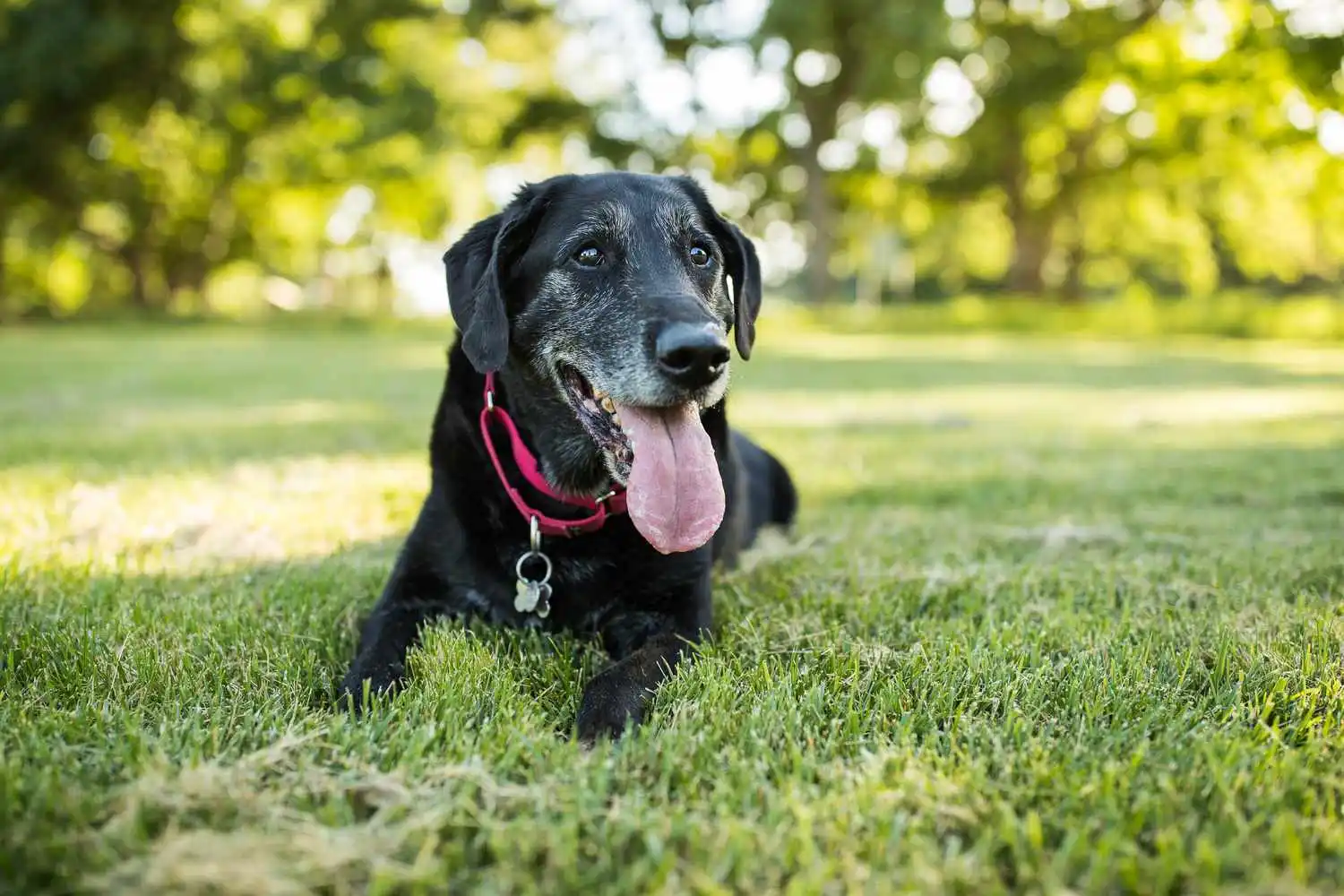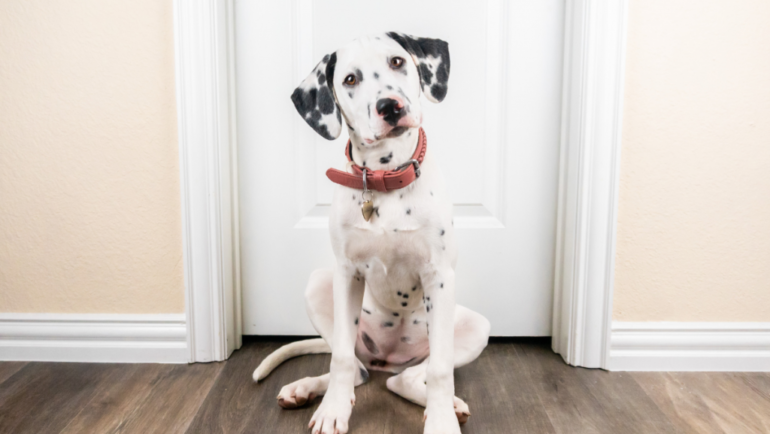128Views

Guide to Decoding Your 7-Year-Old Dog’s Behavior
Is your once playful pup slowing down, preferring naps to playtime, or suddenly startled by familiar sounds? Don’t fret, fellow dog lover!
These changes aren’t a sign of fading love, but rather a milestone in your furry friend’s journey: the transition into senior years.
While the classic “seven human years equals one dog year” rule holds some truth, understanding your dog’s individual needs goes beyond a simple multiplication.
This is where the magic of breed, size, and personality truly shine! So, grab your leash and let’s explore the fascinating world of 7-year-old dog behavior.
Embracing the Shift in Energy Levels
Remember those puppy days when your dog could chase squirrels for hours? Well, at 7, their energy levels might be taking a well-deserved dip.
This doesn’t mean they’re less happy, but rather that their bodies are seeking a more balanced approach to playtime.
Shorter, more frequent walks, gentle games like fetch, and engaging mental stimulation through scent work or puzzle toys are key to keeping their minds sharp and bodies active.
Exploring Changes in Cognition and Senses
Just like humans, dogs experience a decline in cognitive function as they age. This might manifest as slower response times, occasional confusion, or even forgetting their favorite tricks.
Be patient and understanding, as these changes are natural. You can help by keeping their routine consistent, using positive reinforcement training methods, and incorporating enrichment activities that stimulate their minds.
You May Also Like: Why Your Is Digging Up Your Carpet
Navigating Changes in Hearing and Vision
Some 7-year-old dogs might experience a gradual decline in their hearing and vision. This can lead to startled reactions, hesitation in unfamiliar environments, or even bumping into objects.
Be mindful of these limitations by keeping their surroundings familiar, using hand signals alongside verbal cues, and ensuring their environment is free of potential hazards.
Addressing Potential Health Concerns
As with humans, senior dogs are more susceptible to certain health issues like arthritis, dental problems, and weight gain.
Regular vet checkups, a balanced diet, and appropriate exercise are crucial for maintaining their well-being. Early detection and treatment can significantly improve their quality of life and extend their golden years.
Adapting Your Care to Their Unique Needs
Every dog is unique, and their senior years are no exception. Some might thrive on gentle walks and quiet evenings, while others might still enjoy bursts of playful energy.
Listen to your dog’s body language and preferences. Consider providing orthopedic beds for joint support, ramps for easier access to furniture, and even calming aids for anxiety.
You May Like: Elderly Dog Refuse To Eat Causes
Remember, a 7-year-old dog isn’t slowing down, they’re simply entering a new phase of life. This is a time for deeper connection, compassionate adjustments, and continued love.
Embrace the wisdom in their wags, cherish the moments of snuggles, and celebrate every tail wag as a testament to the unwavering bond you share.
Bonus Tip: Don’t underestimate the power of socialization!

Regular interaction with other dogs, even in controlled settings like senior dog parks, can provide mental and physical stimulation, keeping your furry friend happy and engaged.
By understanding these changes and adapting your care accordingly, you can ensure your 7-year-old dog enjoys a happy, healthy, and fulfilling senior life. After all, they deserve nothing less than the best, right?


